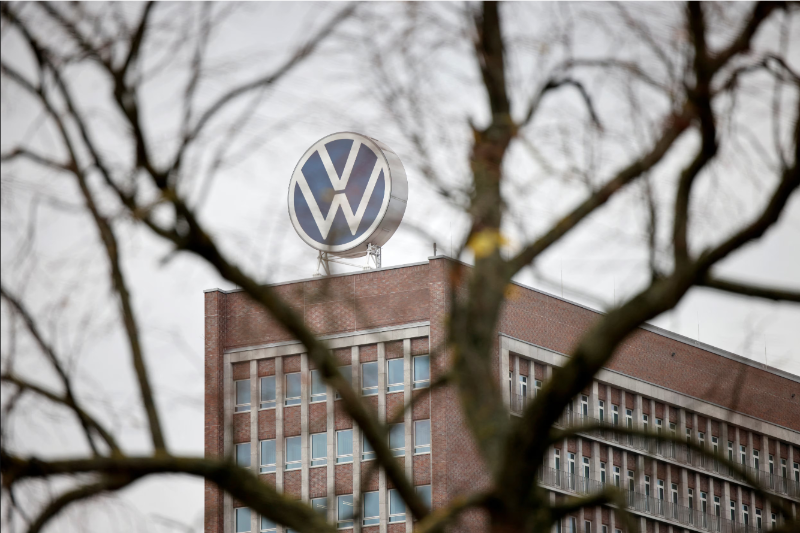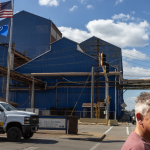
vw exits xinjiang operations, extends partnership with saic over regional controversy
The world’s biggest automobile maker Volkswagen (VW) is set to cut operations in the Xinjiang region in China due to pressure and concerns on human rights. The carmaker will sell the plant to the state-owned Shanghai Motor Vehicle Inspection Certification (SMVIC) as it strengthens cooperation with its Chinese joint venture partner, SAIC through 2040. This decision appears particularly appropriate at the present time because of shifts in China’s auto market in which VW competes.
Changing Dynamics in the Automotive Industry of China
This move is a strategic redirection for the firm as it has sold the Xinjiang plant where Volkswagen’s Santana car was assembled after it began operations in 2013. With an annual manufacturing capability of 50,000 units and having stopped production in 2019, the facility shrunk to about 200 workers mainly performing validation activities and delivery of cars. VW stressed that the decision was due to business factors and not pressure from activists who for years appealed to the automaker to be wary of human rights abuses against Uyghur people in the region.
Keep Reading
Perception of Stakeholders and Future Consequences
The deal has received positive accolades from investors and all stakeholders in the company including Lower Saxony which is a second-biggest investor in the company. One of the 20 largest shareholders Deka Investment stated that the exit would do away with threats of hot talks that are usually devoid of substance but costly. In a way, by outsourcing operations to SMVIC and by extending the cooperation agreement with SAIC until 2040, Volkswagen seems to attempting to keep the firm going in China while at the same time disentangling the brand from the negative connotations associated with the region of Xinjiang.









